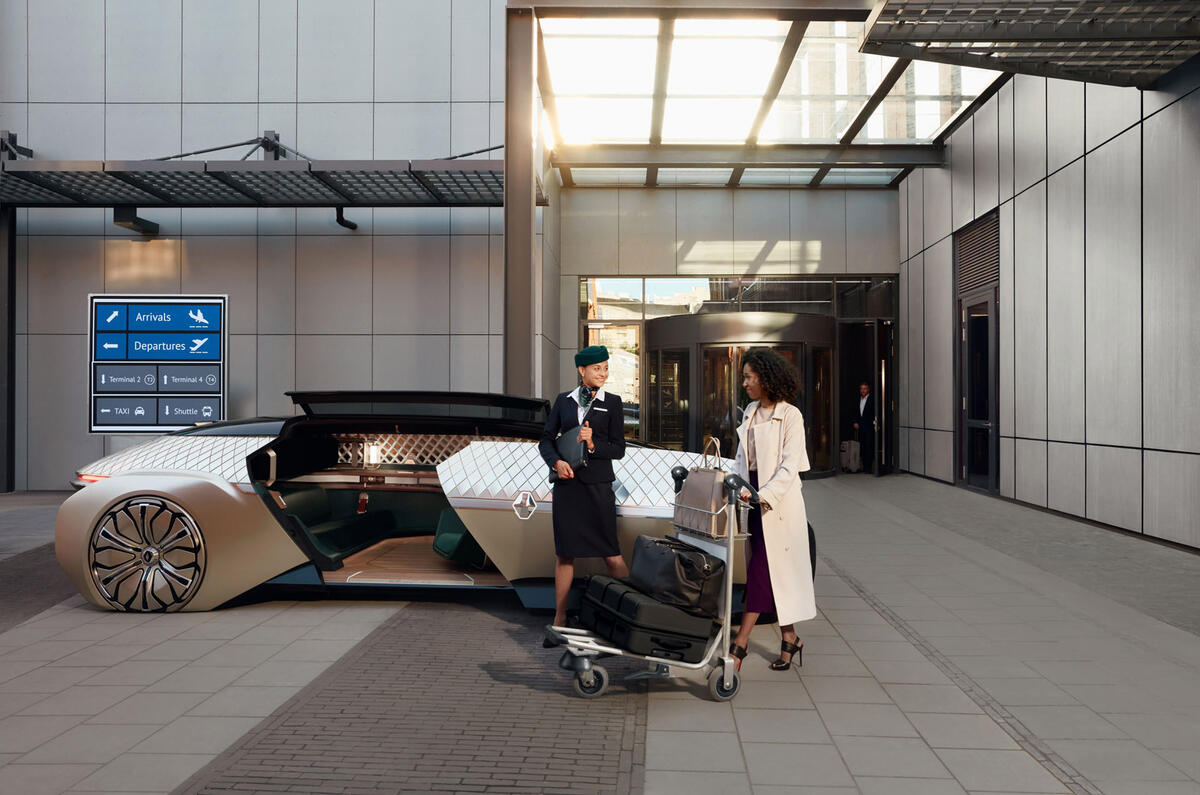Have you come across the concept of Mobility as a Service, or Maas? At some point you will, and if you work for a car company, it could be that the idea of it is already giving you sleepless nights.
The idea is this: some people don’t like the idea of owning a car but still need to go places. Pretty straightforward. The Inbetweeners had a name for them. But new communications technology is making those two ideas ever more compatible, because it means people won’t have to go and wait for a bus or call a taxi in future. They will have other options: to hop on a nearby electric scooter or Boris bike, or swipe to see if a cab (maybe a shared one) is passing, and they will use those to get to work/home/a station/wherever.
Depending on where they live, the first or last mile of their journey could even be in an autonomous pod. But whatever, what they won’t be doing is getting into their own personal car.
And that last part, if you run a car maker, is the worry. As we reported earlier this year, analysis suggests that global profit from car sales will fall marginally to around £104 billion over the next decade, while Maas could generate £188bn of annual profits over the same period. Run a manufacturer that doesn’t make any money at the best of times and you can see where this leaves you.
Hence car companies are pretty interested in Maas, or securing their part in it. Ford has a programme called City:One, involving it in everything from ride-sharing software companies to electric scooters. Two years ago, it bought Michigan Central Station, a grand but derelict old railway terminus, for renovation and conversion into somewhere “mobility innovators and disruptors from around the world come to develop, test and launch new products and services that solve urban transportation challenges”. Basically, it’s a way of trying to work out what Ford’s place in the world will be when people in Southwark or Oxford no longer buy a Fiesta.












Join the debate
Add your comment
Great Read
Like most critics the author
Like most critics the author doesn't get big picture thinking.
I'll spell it out:
1: A car is expensive
2: It sits around 90% of the time
3: It would be massively cheaper to the order of thousands of pounds per citizen to share cars
4: The ubiquity of communications, sensors and computational power means that we finally have to tools to make car sharing possible
The 4 points above is what make this near inevitable and also mean massive rewards for the companies which crack the problem.
But yeah MAAS is just car hire, Youtube is just a webpage with embedded videos, Instagram is just some photos on a server, Uber is just an minicab firm.
Ans
1. secondhand cars are cheaper and subscription charges are crazy high
2. 50% of the time my house is empty but I don't intend to rent it for those 7 hours
3. no it isn't, you can buy a decent car for £2000 rather than pay £600 a month
4. Just because it's now possible doesn't make it a good idea
5. Basically you can talk it up as much as you like but it is not catching on, Volvo tried and has virtually given up
It's not car rental though
Obviously some of us will always want to own a car, but many don't, especially the ones who don't read car mags. The concept of Maas, or Taas (Transport As A Service), could grow through technology improvements and pure economics alone. If someone can dial up a driverless taxi on their phone, any time they want, at a cost of £100 per month, then most people would do it just to save time and money.
With million mile batteries and drivetrains, which look increasingly likely soon, autonomous EVs will easily be able to cope with this kind of continuous use. (The typical 150,000 mile life of ICE cars possibly couldn't.)The result could be a massive change in our environment - far fewer cars parked on the street all day, as most people will only use a car when they need to travel. Also lower air pollution and C02 emissions and a massive drop in oil consumption. There will still be plenty of enthusiasts with hobby cars in their garages for weekends and there will be more room on the roads for them to drive. It could be a win-win for gearheads.